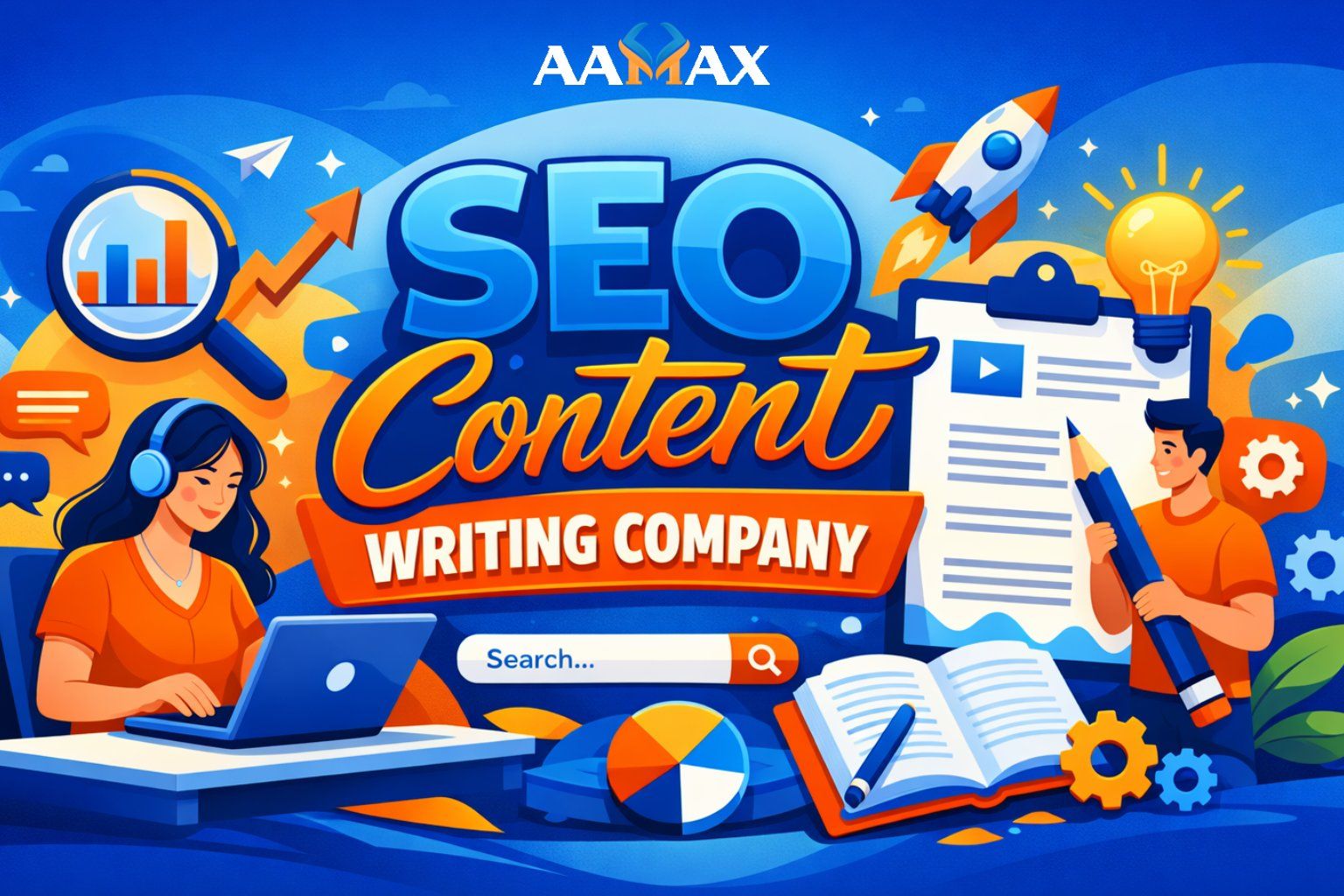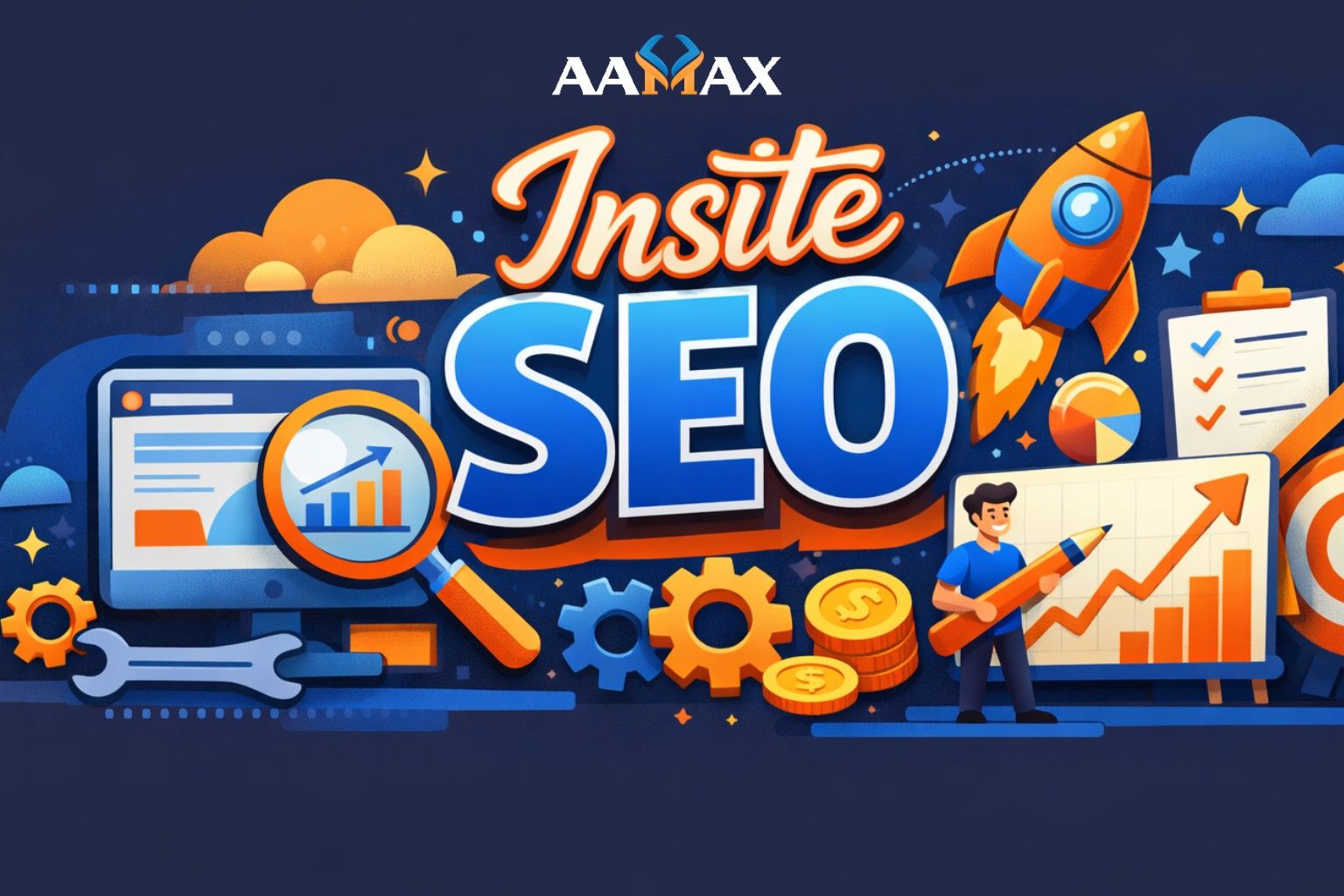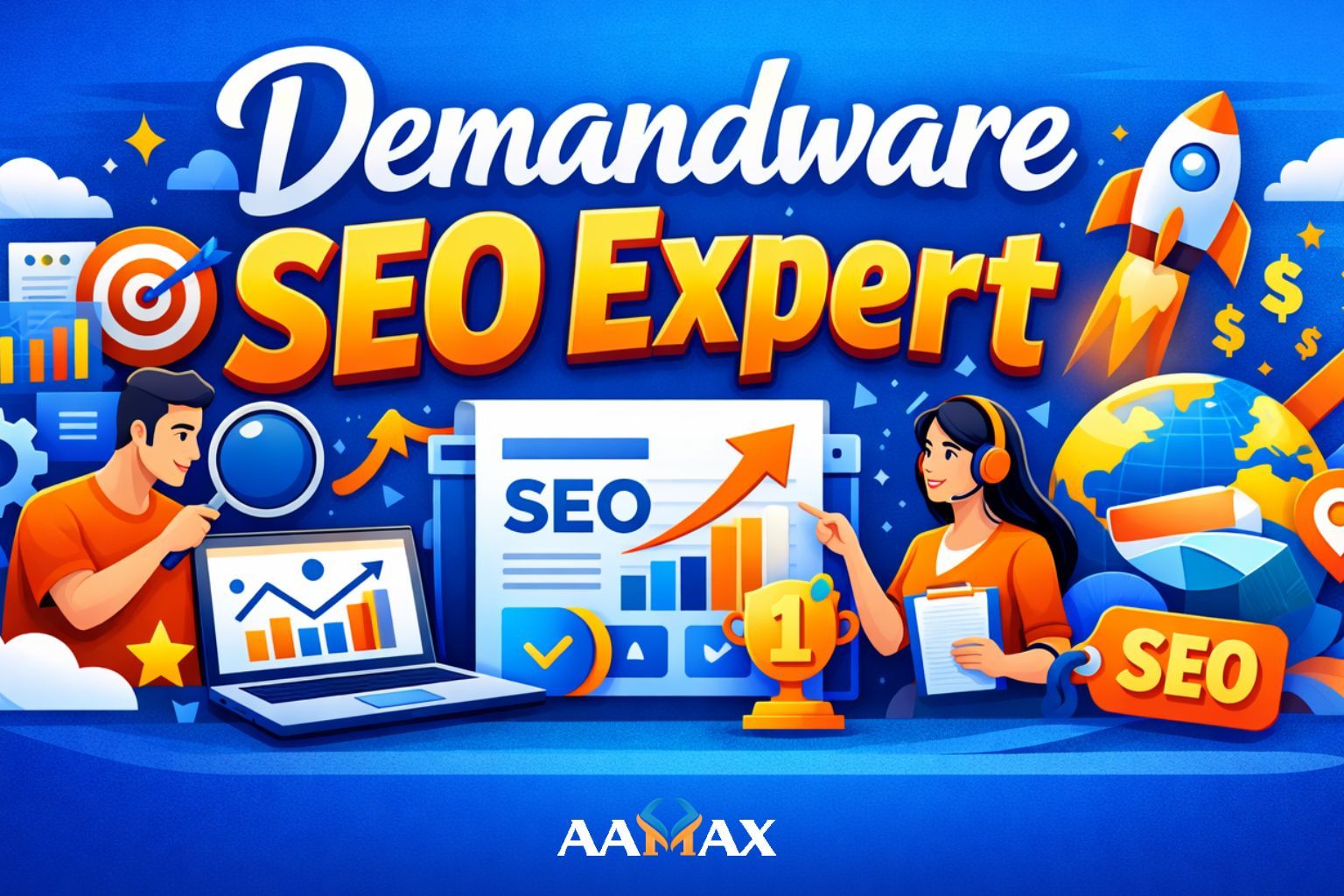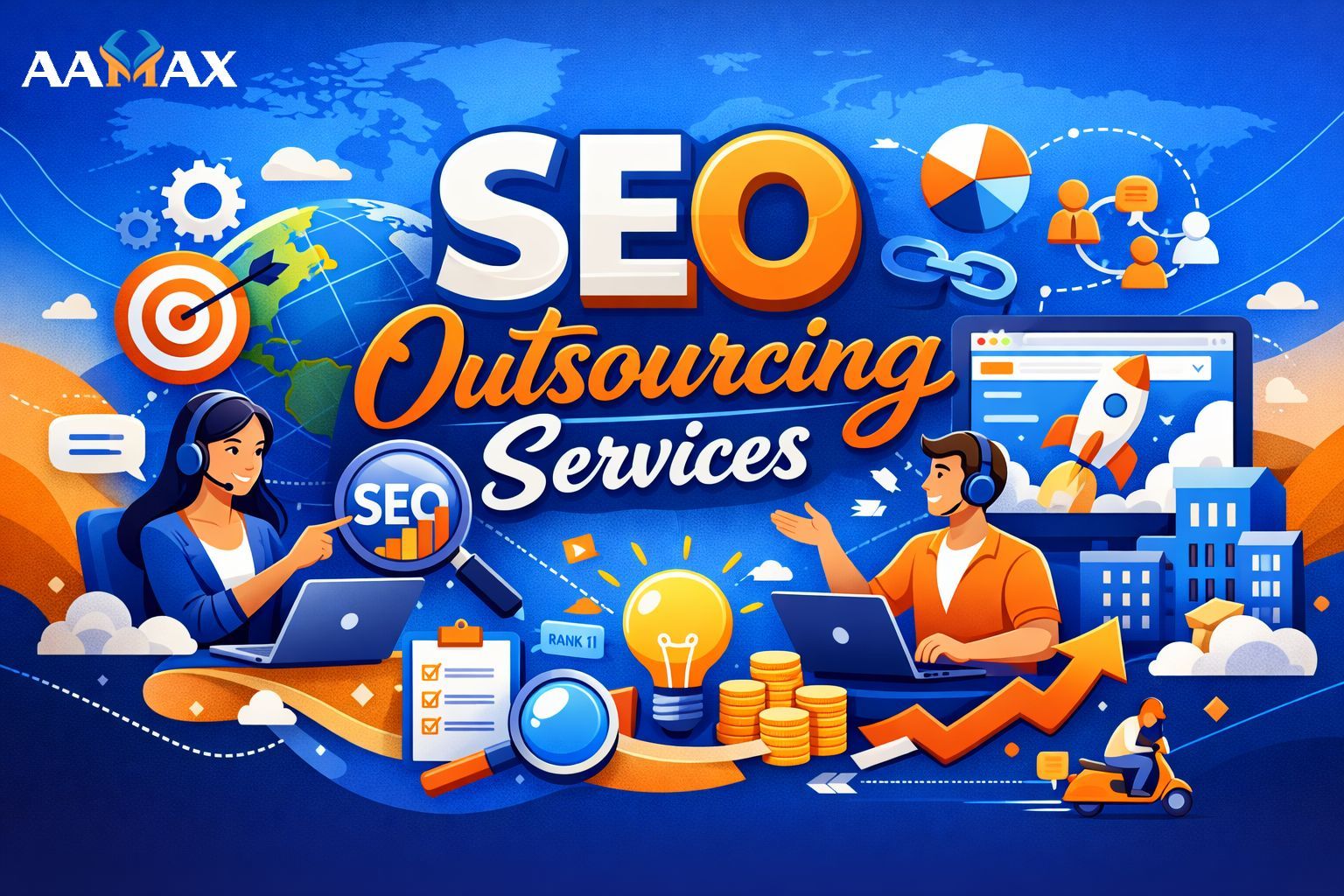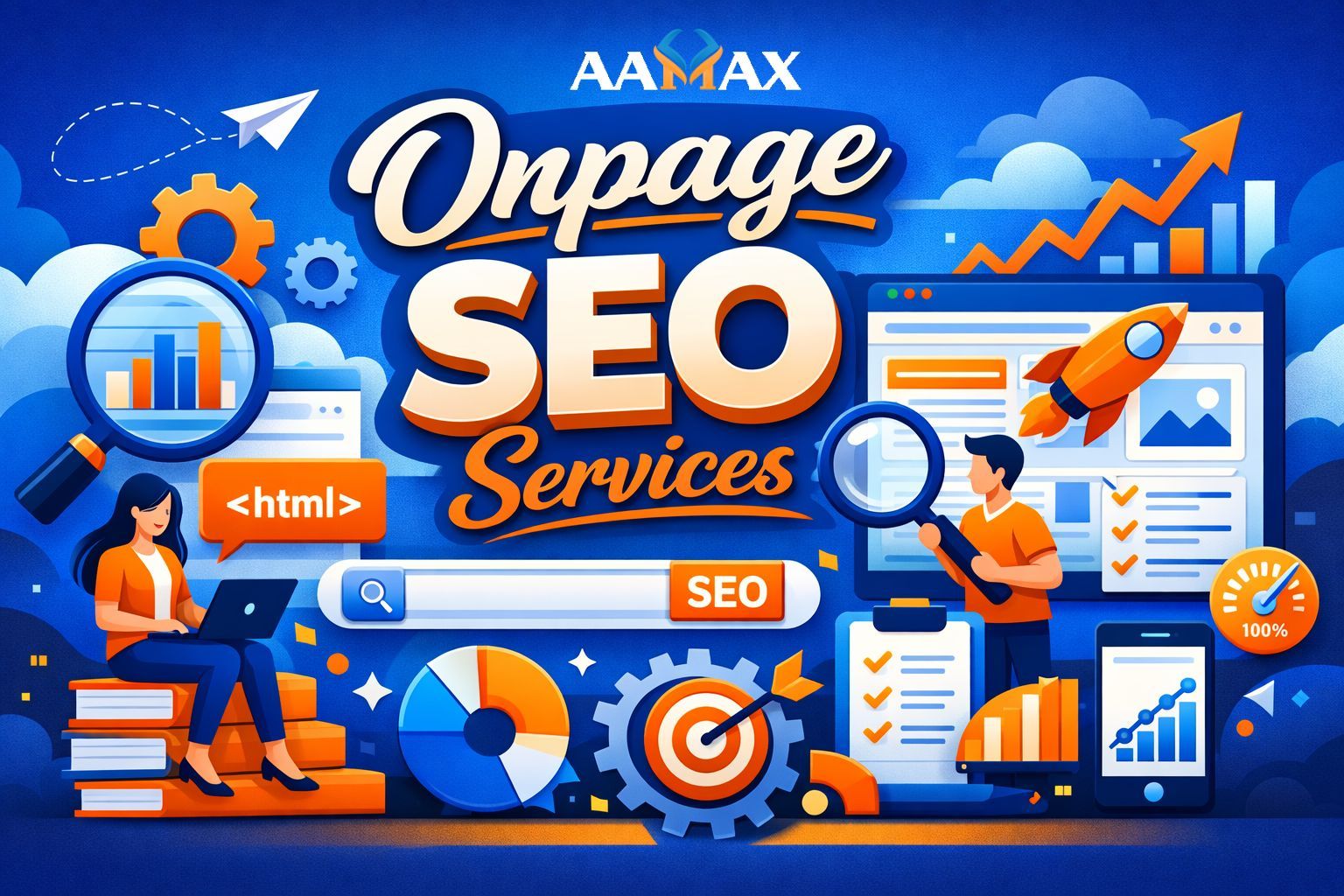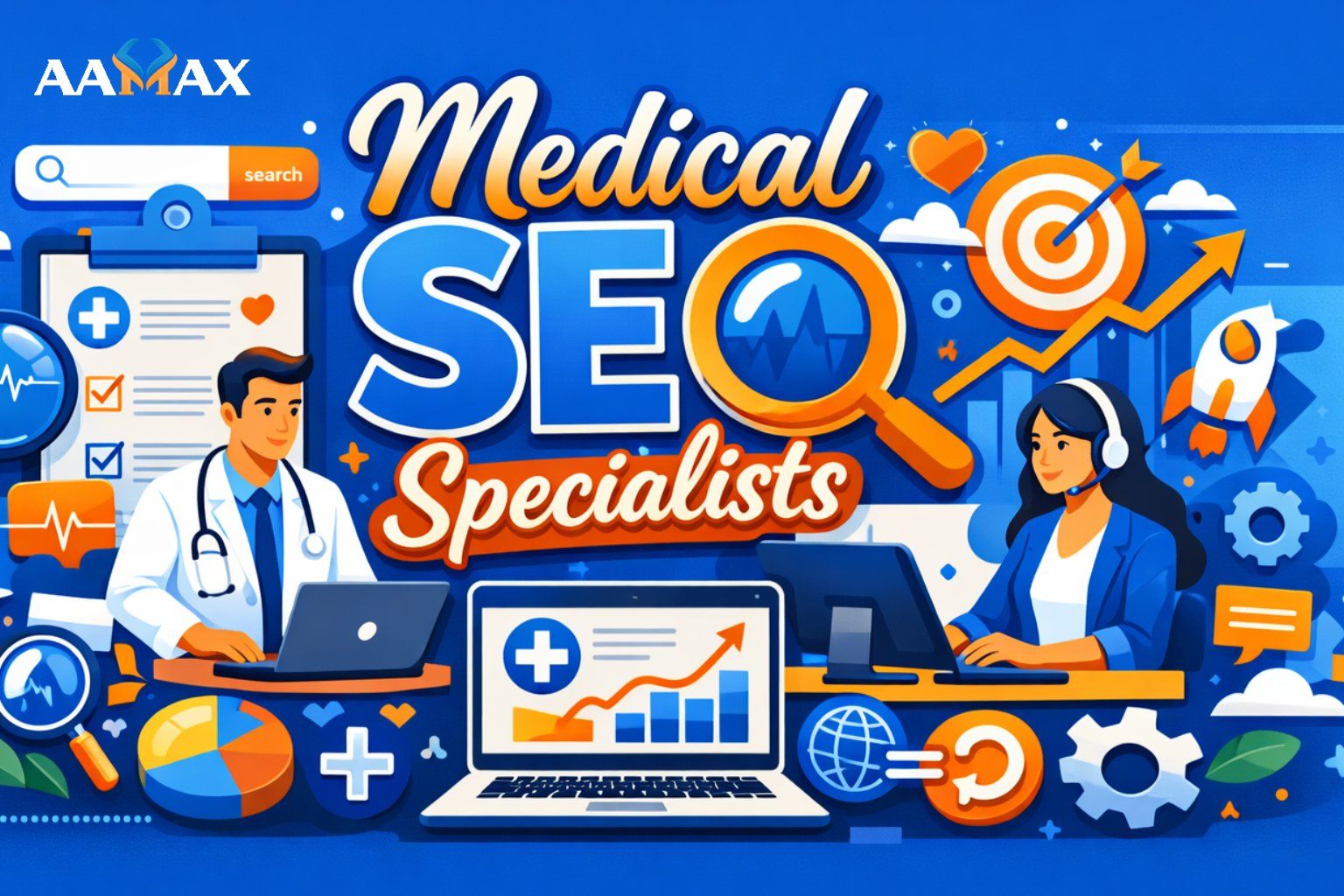
AI vs Traditional SEO: Key Differences and What You Should Know
In the rapidly evolving world of digital marketing, Search Engine Optimization (SEO) has long been the backbone of online visibility. However, as Artificial Intelligence (AI) reshapes every corner of the internet, SEO is undergoing a revolution. Traditional methods that once dominated—manual keyword optimization, link-building campaigns, and on-page tweaks—are being complemented (and sometimes replaced) by AI-driven SEO strategies.
This guide dives deep into the key differences between AI and traditional SEO, how AI is transforming search optimization, and what marketers, businesses, and webmasters should know to stay ahead.
If you’re looking to integrate AI into your SEO workflow, you can AI Search Engine Optimization (SEO), web development, and digital marketing solutions**.
What is Traditional SEO?
Traditional SEO refers to the long-standing set of practices that aim to improve a website’s visibility in search engines like Google, Bing, or Yahoo. These methods have been the foundation of digital marketing for over two decades and primarily focus on:
- Keyword optimization (researching and placing target phrases)
- On-page SEO (optimizing title tags, meta descriptions, and headings)
- Off-page SEO (backlinks, social signals, citations)
- Technical SEO (site speed, mobile optimization, structured data)
- Content creation centered around search intent
Traditional SEO relies heavily on manual analysis—SEO specialists identify ranking opportunities, audit competitors, and optimize content piece by piece.
While this approach still works, it’s labor-intensive and often slower to adapt to real-time algorithmic changes.
What is AI SEO?
AI SEO, or Artificial Intelligence-powered Search Engine Optimization, uses machine learning, natural language processing (NLP), and data-driven algorithms to automate and enhance SEO performance.
Rather than relying solely on human intuition and manual processes, AI SEO tools can:
- Analyze massive datasets instantly
- Predict keyword trends
- Generate optimized content
- Personalize search experiences
- Detect and fix technical issues faster
In simple terms, AI SEO amplifies traditional methods with automation, accuracy, and predictive insights. Instead of reacting to search algorithm changes, AI helps marketers anticipate and adapt proactively.
How Search Engines Themselves Have Become AI-Powered
To understand the rise of AI SEO, it’s important to note that search engines themselves now use AI. Google’s algorithms—like RankBrain, BERT, and MUM—use AI to understand context, intent, and semantics rather than just matching keywords.
- RankBrain helps Google interpret user queries it’s never seen before.
- BERT (Bidirectional Encoder Representations from Transformers) allows Google to understand language more like a human, interpreting nuances and prepositions.
- MUM (Multitask Unified Model) can understand and generate language across 75+ languages, analyze images, and synthesize information from multiple formats.
As search engines become smarter, SEO strategies must evolve too. Traditional SEO alone can’t keep up with how AI interprets meaning and context.
Key Differences Between AI SEO and Traditional SEO
Below are the major differences that set AI SEO apart from traditional optimization strategies.
1. Data Processing and Analysis
- Traditional SEO: Relies on manual keyword research tools and human analysis to find ranking opportunities.
- AI SEO: Uses big data and machine learning to process billions of data points, discovering patterns humans would miss.
For instance, AI tools like Clearscope or Surfer SEO analyze the top-ranking pages and suggest specific terms, content structures, and readability improvements—automatically.
2. Content Creation
- Traditional SEO: Requires writers and marketers to research keywords, plan topics, and manually craft articles optimized for SEO.
- AI SEO: Uses natural language generation (NLG) tools to create SEO-rich content faster. Platforms like ChatGPT, Jasper, and Writesonic can draft articles based on SERP data and NLP analysis.
AI doesn’t replace human creativity but enhances productivity—allowing marketers to scale content while maintaining quality.
3. User Intent Understanding
- Traditional SEO: Focuses mainly on keyword matching and basic intent types (informational, navigational, transactional).
- AI SEO: Understands semantic search and context, aligning content with how users naturally ask questions or express needs.
AI SEO ensures your content matches the user’s intent more precisely, improving engagement and conversion rates.
4. Speed and Efficiency
- Traditional SEO: Involves manual audits, long data collection, and testing cycles that can take weeks or months.
- AI SEO: Automates analysis and execution, significantly reducing the time to achieve results.
For example, AI can automatically generate reports, detect SEO issues, and even recommend optimizations in real-time.
5. Personalization
- Traditional SEO: Focuses on broad ranking factors—same content for all users.
- AI SEO: Delivers personalized search experiences by analyzing user behavior, demographics, and interaction patterns.
With AI, SEO campaigns can dynamically adjust content for different audiences, improving relevance and engagement.
6. Predictive Analytics
- Traditional SEO: Reactive approach—responds to ranking drops or algorithm updates after they occur.
- AI SEO: Predictive approach—uses machine learning models to forecast trends, identify potential traffic dips, and optimize preemptively.
This forward-looking capability helps businesses stay ahead of competitors and algorithmic shifts.
7. Link Building and Authority
- Traditional SEO: Relies on outreach, guest posting, and manual backlink building.
- AI SEO: Uses AI tools to analyze backlink profiles, assess link quality, and identify linking opportunities based on authority and relevance.
AI can even simulate link-building strategies and predict which links will deliver the most ranking value.
The Role of AI Tools in Modern SEO
Here are some popular AI tools transforming SEO today:
- Surfer SEO – Content optimization based on real-time SERP analysis.
- MarketMuse – AI-driven content strategy and topic clustering.
- Frase – Content research and optimization powered by AI.
- Clearscope – Improves on-page SEO using semantic keyword data.
- ChatGPT – Assists in writing drafts, creating outlines, and generating topic ideas.
When combined, these tools can automate 70–80% of SEO tasks that once required hours of manual effort.
Advantages of AI SEO Over Traditional SEO
- Faster Data Analysis – AI can process millions of keywords and ranking signals instantly.
- More Accurate Insights – Machine learning continuously improves predictions.
- Content at Scale – Generate and optimize hundreds of articles efficiently.
- Better User Experience – AI personalizes site recommendations and layouts.
- Enhanced ROI – Less manual labor, faster optimization, and higher performance.
- Real-Time Adaptation – AI adjusts strategies as search trends evolve.
Essentially, AI SEO doesn’t just help you optimize your site—it evolves with your audience and search engines.
Challenges and Limitations of AI SEO
Despite its potential, AI SEO isn’t without limitations:
- Dependence on Quality Data: AI is only as good as the data it’s trained on. Poor or biased data can lead to weak strategies.
- Lack of Human Creativity: While AI writes efficiently, it lacks deep storytelling and emotional intelligence.
- Ethical Concerns: Over-reliance on automation might lead to content duplication or manipulation if not managed properly.
- Learning Curve: Implementing AI tools requires understanding algorithms, data analysis, and prompt optimization.
That’s why most successful brands use a hybrid approach—combining human creativity with AI efficiency.
How AI SEO is Changing the Role of SEO Experts
AI isn’t replacing SEO experts—it’s redefining their roles. Professionals now focus more on strategic thinking, creativity, and oversight rather than repetitive manual tasks.
AI takes care of:
- Keyword clustering
- Competitor analysis
- On-page recommendations
- Technical audits
SEO experts handle:
- Brand messaging
- Conversion optimization
- Content storytelling
- Ethical SEO practices
The result? Smarter, faster, and more human-centered digital marketing strategies.
The Future of SEO: AI-Driven and Human-Guided
The future of SEO is neither purely AI nor purely traditional—it’s a synergy of both.
AI will handle data, automation, and optimization at scale, while humans will continue to lead with creativity, emotion, and strategy. Search engines will get better at understanding intent, context, and personal relevance, rewarding websites that provide true value rather than keyword stuffing.
Businesses that embrace AI SEO now will not only stay competitive but thrive as algorithms evolve.
Why You Should Invest in AI SEO Today
AI SEO isn’t just a trend—it’s the next generation of search optimization. Here’s why adopting it early matters:
- Outperform Competitors: Gain insights they can’t manually replicate.
- Boost Visibility: Optimize for search intent, voice, and personalization.
- Save Time and Resources: Automate complex SEO tasks.
- Stay Future-Proof: Adapt easily to AI-based algorithm updates.
If your business wants to stay ahead in search rankings and digital growth, now is the perfect time to integrate AI-powered SEO strategies.
Final Thoughts: Choose AI SEO for Smarter Growth
In conclusion, the battle of AI vs Traditional SEO isn’t about choosing one over the other—it’s about blending the best of both worlds. Traditional SEO provides the foundational principles, while AI brings automation, intelligence, and predictive power.
Businesses that adopt AI SEO can outperform competitors in speed, accuracy, and adaptability. To successfully harness this power, you need experts who understand both worlds.
Partner with AAMAX—a full-service digital marketing company offering advanced AI SEO, web development, and digital marketing services to help you dominate search rankings, scale content, and future-proof your brand in the AI era.

